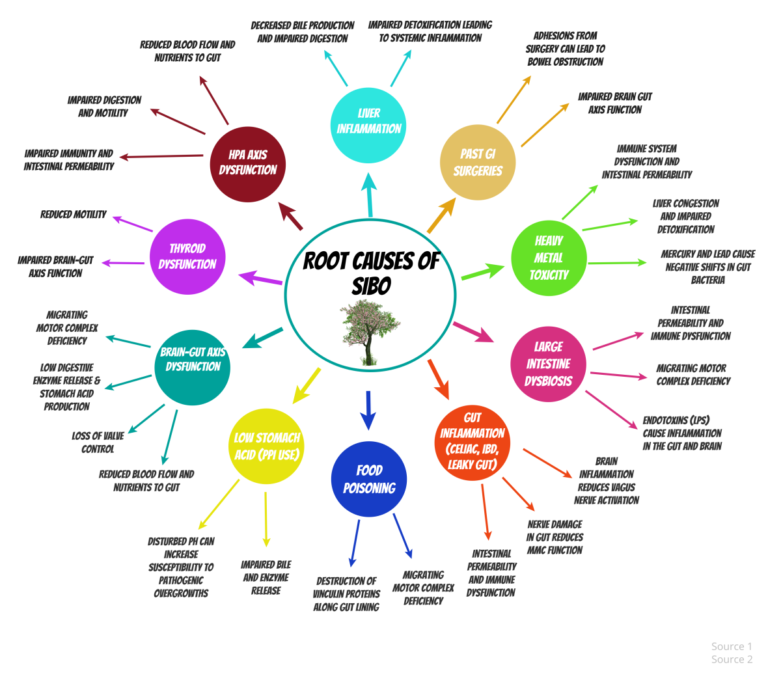Post-Infectious Gastroenteritis
Severe gastroenteritis can damage the intestinal lining and slow gut motility, often triggering SIBO. This disruption allows bacteria to colonise the small intestine abnormally, leading to digestive symptoms such as bloating, gas, and abdominal discomfort.
Overconsumption of Simple Carbohydrates
Diets high in sugar and refined carbohydrates feed small intestinal bacteria, promoting overgrowth and fermentation. This often results in bloating, gas, and irregular bowel habits commonly associated with SIBO.
Medications That Affect Gut Function
Certain medications—including proton pump inhibitors (PPIs), opiates, morphine, beta agonists, and calcium channel blockers—can reduce stomach acid or slow gut motility. These changes create an environment where bacterial overgrowth can develop.
Chronic Stress and Low Stomach 020 - Бігові кросівки asics gel - Asics Gel Kayano 14 (Silver / Dark Green) 1203A537 - Cheap Gmar Jordan Outlet Acid
Prolonged stress reduces stomach acid (hypochlorhydria), which is essential for controlling harmful bacteria. Stress also impairs small intestinal movement, allowing bacteria to stagnate and multiply.
Altered Gut Anatomy or Post-Surgical Changes
Structural issues, such as ileocecal valve malformations, abdominal surgeries, or adhesions, can slow digestion and alter gut anatomy. These changes may promote bacterial overgrowth in the small intestine.
Early Bacterial Colonization
Babies delivered via caesarean section or not breastfed may experience delayed microbiome development. This can increase susceptibility to dysbiosis and SIBO later in life.

